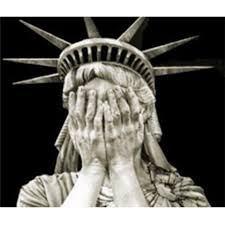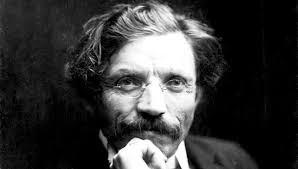 We watched a PBS documentary about Yiddish writer Sholem Aleichem (1859-1916) — making me ponder what I feel as my personal identity.
We watched a PBS documentary about Yiddish writer Sholem Aleichem (1859-1916) — making me ponder what I feel as my personal identity.
People used to be securely rooted in distinct cultures, but those boundaries have become fluid in today’s cosmopolitan world. Yet many still crave the belongingness of cultural identity. (It’s a big factor in Trumpism.)
Sholem Aleichem’s roots were in the Jewish shtetl culture of Russia and Eastern Europe. Mine too. My mother (now 98) arrived in America in 1938 as a Jewish refugee from Nazi Germany. My paternal grandparents were apparently born here, but their ancestry was in Sholem Aleichem country. “Robinson” was presumably anglicized from something like Rabinovich (which was Sholem Aleichem’s original name too).
I had long supposed that all these Jews were traceable back to the Holyland.
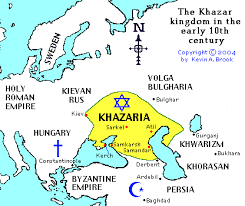
Sholem Aleichem bopped around various European locales but finally wound up in America — like a couple million other Jews. The documentary said most jettisoned their traditions. “Tradition” is the insistent refrain of a lead song in Fiddler on the Roof, which was based on Sholem Aleichem’s work. Again we see the powerful role of cultural tradition in delineating one’s personal identity.
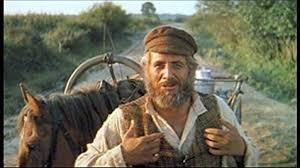
But a great thing about the human animal is our adaptability, always changing ourselves to fit new circumstances. And if we Americans of Jewish ethnicity have cast off old traditions, it is to create new ones.
Yet my lineage is by no means irrelevant to who I am. My Jewish immigrant heritage is important to it — not the Jewish part so much as the immigrant part.
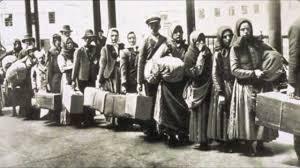
So my identity is as an American. I feel embedded in that American story of “huddled masses yearning to breathe free,” to reinvent not only themselves but the world. Creating a great society where human beings can best flourish. America has indeed enabled me to have a wonderful life, and that’s thanks to its openness and fundamental character, which has been such a magnet for others to come here.
